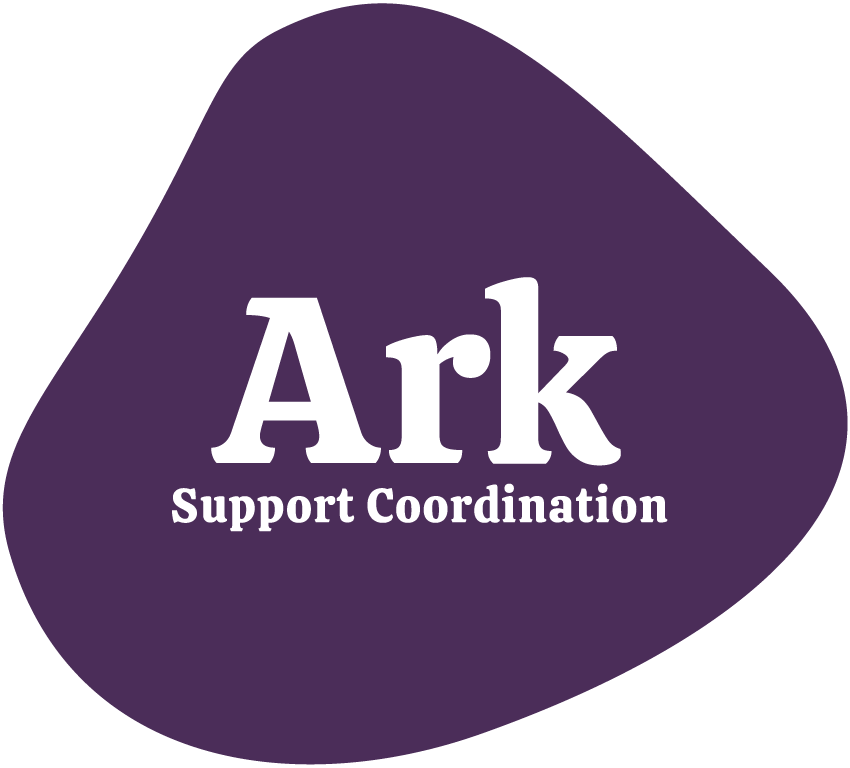Psychosocial Disability vs Mental Health - What's the Difference?
In our line of work, the distinction between psychosocial disabilities and mental health conditions is crucial to make. While a psychosocial disability is usually referred to as a mental health condition or concern, there are some key differences between the two that are important to note, especially when it comes to participants accessing support through the National Disability Insurance Scheme (NDIS).
Psychosocial disabilities and mental health conditions can both cause functional impact and create barriers in everyday life that can be difficult to overcome without assistance. There are a few reasons for this, but in order to ensure participants can access the right services and make the most of their NDIS funding, understanding the difference between a mental health condition and a psychosocial disability can be an important factor.
What is Mental Health?
The term ‘mental health’ refers to someone’s overall state of mental wellbeing, underpinning their ability to handle situations, cope with stress, and look after the more social and emotional aspects of life. There are a number of factors that can impact a person’s mental health, for better or worse, such as lifestyle, upbringing, genetics, stress levels, trauma and more.
‘Mental health’ is a widely used term that is neutral in nature, but often carries negative weight as it is more commonly used to describe issues, concerns or conditions that aren’t related to physical health, than it is to describe positive outcomes.
What is a Mental Health Condition?
A mental health condition is one that affects someone’s thoughts, feelings, moods and behaviours intermittently, episodically or consistently, depending on the situation. Mental health conditions can be mild, moderate or severe, often assessed on a spectrum due to the complex nature of causes. They are diagnosed and treated by health or medical professionals, and include conditions such as, but not limited to:
Anxiety Disorders
Depression
Bipolar
Post-Traumatic Stress Disorder (PTSD)
Obsessive-Compulsive Disorder (OCD)
Mental health conditions can be managed well to limit the functional impact that they may have on someone’s life, however mental wellbeing can continue to fluctuate depending on severity, and whether or not the condition is episodic.
What is a Psychosocial Disability?
A psychosocial disability is one that arises as a result of a mental health condition, and is generally considered to relate to the impact of a mental health condition on everyday life, rather than a specific diagnosis. In order for a person to be assessed as eligible to become an NDIS participant, they must prove to the NDIA that the functional impact of their psychosocial disability is both severe and permanent.
People that are affected by a psychosocial disability might find aspects of everyday life, work, education and social activities challenging. Participants receiving NDIS funding may be able to access support and capacity building that can assist with their daily life.
The Difference Between a Psychosocial Disability and a Mental Health Condition
A mental health condition is typically a diagnosis from a health professional related to their mood, thoughts or behaviour, including some of the diagnoses listed above. When this mental health condition has a severe and permanent functional impact on someone’s life, it can result in a psychosocial disability.
A psychosocial disability or mental health condition is not always visible to others, and can differ from person to person, so it can be quite difficult to identify and understand. While the two are not mutually exclusive, they are not the same thing.
For those who know or work with someone who is living with a mental health condition, our NDIS psychosocial functional capacity assessments can help with understanding how their everyday life is impacted.
Ark can also help them on their journey to independence with our Specialist Support Coordination, Positive Behaviour Support, Social Work, and more support services.
